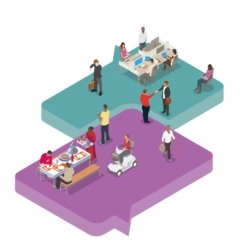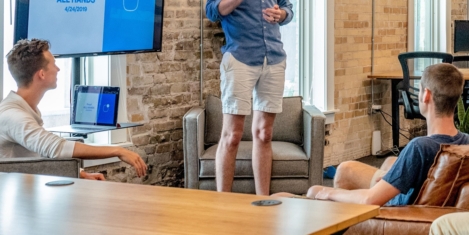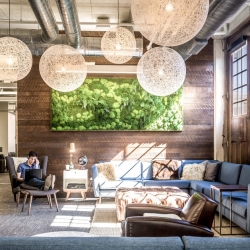May 29, 2020
Organisations still adjusting to reality of `gig economy`
 A new report from Aon claims that the so-called gig economy will continue to flourish but many employers are still adjusting to its realities. Using research from HR and gig workers across Europe, the report, Gig Economy: Financial Security or Greater Control, claims that 26 percent of European HR directors believe their workforces will have 51-75 percent of gig workers in five years’ time, while 18 percent of UK HRDs believe 75 percent or more of their workforce will be made up of contractors in 5 years’ time. Nearly all HRDs believe providing health and benefits packages would improve gig worker recruitment (94 percent), engagement (93 percent), productivity (88 percent) and retention (95 percent). More →
A new report from Aon claims that the so-called gig economy will continue to flourish but many employers are still adjusting to its realities. Using research from HR and gig workers across Europe, the report, Gig Economy: Financial Security or Greater Control, claims that 26 percent of European HR directors believe their workforces will have 51-75 percent of gig workers in five years’ time, while 18 percent of UK HRDs believe 75 percent or more of their workforce will be made up of contractors in 5 years’ time. Nearly all HRDs believe providing health and benefits packages would improve gig worker recruitment (94 percent), engagement (93 percent), productivity (88 percent) and retention (95 percent). More →


































May 26, 2020
The experience of working from home is not the same for everyone
by Anna Hern • Comment, Flexible working, Wellbeing